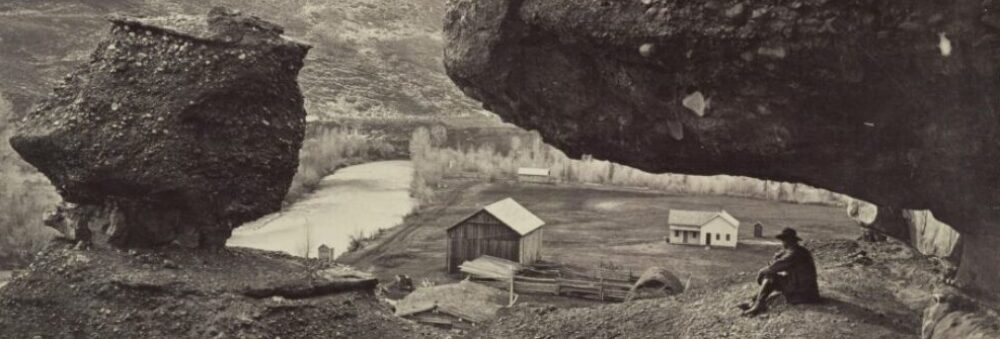
Indian Melodies by Thomas Commuck, a Narragansett Indian. Harmonized by Thomas Hastings, Esq. New York: G. Lane & C. B. Tippett, 1845.
The Western Americana Collection recently acquired a work often described as the first published music written by a Native American author: Thomas Commuck’s Indian Melodies, harmonized by Thomas Hastings, Esq. (New York: G. Lane & C. B. Tippett, 1845). Commuck, an Indian of Narragansett ancestry, was born in 1805 in Rhode Island and lived for several years at Brotherton, New York. After marrying Hannah Abigail, a Pequot Indian, in 1831, the pair headed West, eventually settling in Brotherton, Wisconsin where Commuck wrote his hymnal.

Thomas Commuck, Indian Melodies, Harmonized by Thomas Hastings, Esq. New York: G. Lane & C. B. Tippett, 1845.
Though Pequot author William Apess published Son of the Forest in 1831, a milestone in Native American print culture, Thomas Commuck’s preface to Indian Melodies speaks of the adversities Native American writers still faced in 1845 in gaining acceptance as legitimate authors:
The author of the following original tunes wished to get some person better educated than himself to write a preface or introduction to his little work; but on reflection it occurred to him that he could tell the public all about it as well as anyone else; so he concluded to make the attempt. He is, however, fully aware of the difficulties attendant upon an attempt to appear successfully as an author before a scrutinizing and discerning public, especially when unaided by the influence of wealth, or a long list of influential friends…. Add to this circumstance of having been born, not only in obscurity, but being descended from that unfortunate and proscribed people, the Indians, with whose name a considerable portion of the enlightened American people are unwilling to associate even the shadow of anything like talent, virtue, or genius, and as being wholly incapable of any improvement, either moral, mental, or physical, and wonder will cease to be a wonder. (Commuck, iii)

Thomas Commuck, Indian Melodies, Harmonized by Thomas Hastings, Esq. New York: G. Lane & C. B. Tippett, 1845.
Indian Melodies contains 120 Christian hymns, to which Commuck assigned names of Indian chiefs, tribes, and places (which bear no relation to the lyrics), forming a complex archive of Native American history:
As the tunes in this book are the work of an Indian, it has been thought proper by the author to have it all of a piece. The tunes therefore will be found to assume the names of noted Indian chiefs, Indian females, Indian names of place, &c. This has been done merely as a tribute of respect to the memory of some tribes that are now nearly if not quite extinct; also a mark of courtesy to some tribes with whom the author is acquainted. (Commuck, vi)

Thomas Commuck, Indian Melodies, Harmonized by Thomas Hastings, Esq. New York: G. Lane & C. B. Tippett, 1845.
The entire preface is provided in the following gallery.
Bibliography:
Commuck, Thomas. Indian Melodies. Harmonized by Thomas Hastings, Esq. New York: G. Lane & C. B. Tippett, for the Methodist Epicopal Church, 200 Mulberry-Street. James Collord, Printer, 1845.
Fisher, Linford. The Indian Great Awakening: Religion and the Shaping of Native American Cultures in Early America. New York: Oxford University Press, 2012.
Round, Philip. Removable Type: Histories of the Book in Indian Country, 1663-1880. Chapel Hill: University of North Carolina Press, 2010.
Robert Stevenson. “Commuck, Thomas.” Oxford Music Online. Oxford University Press. www.oxfordmusiconline.com/subscriber/article/grove/music/06197 (accessed August 9, 2013).






